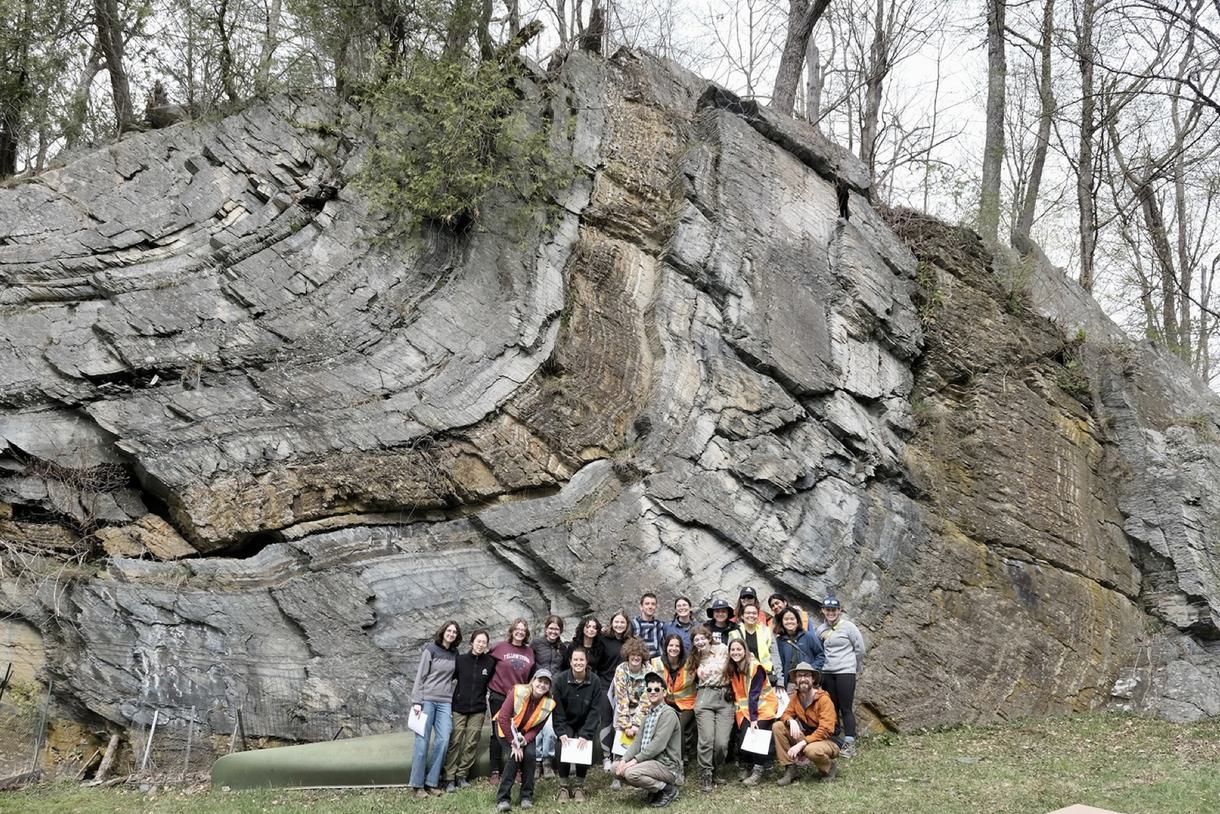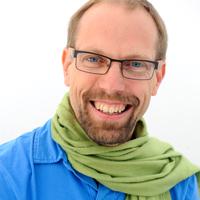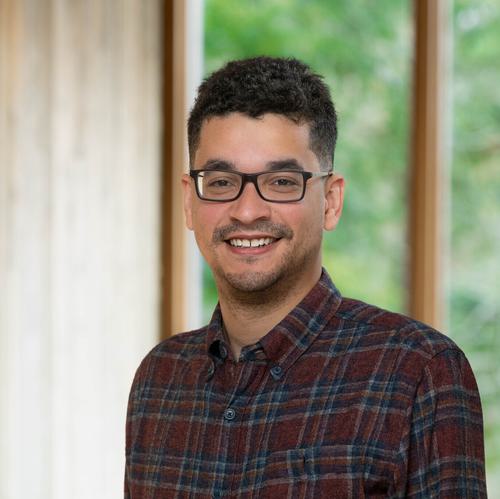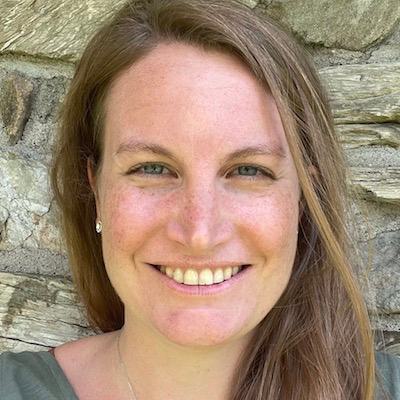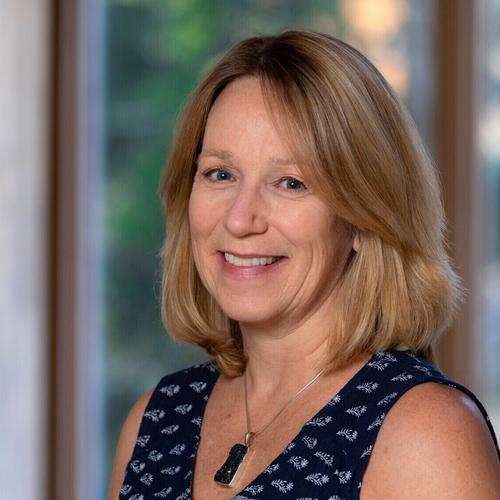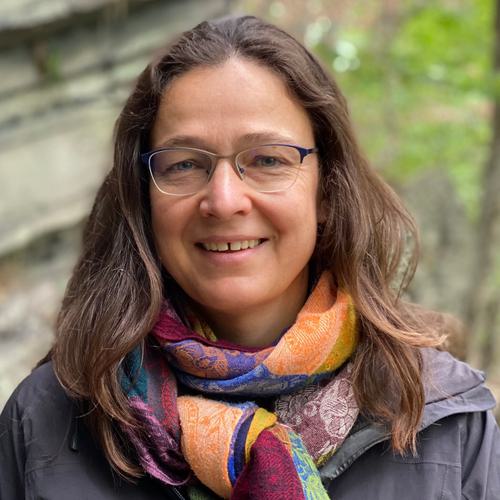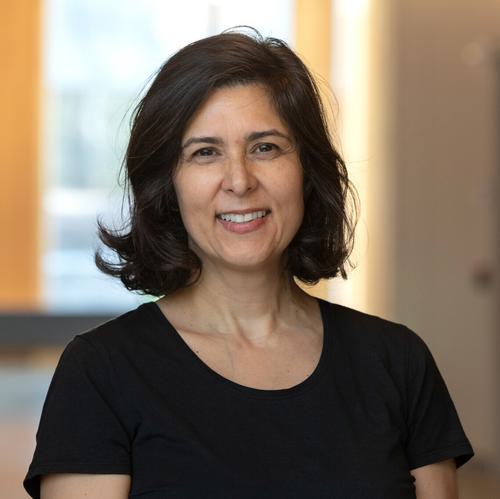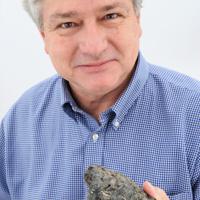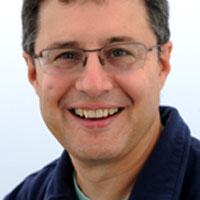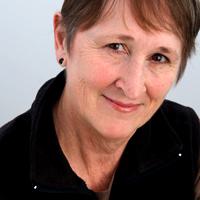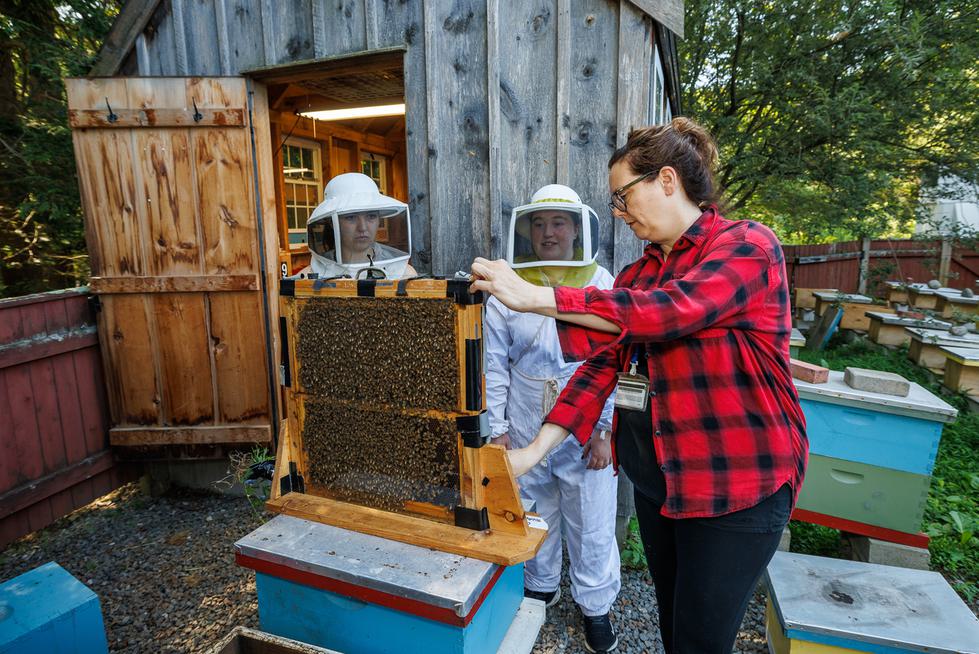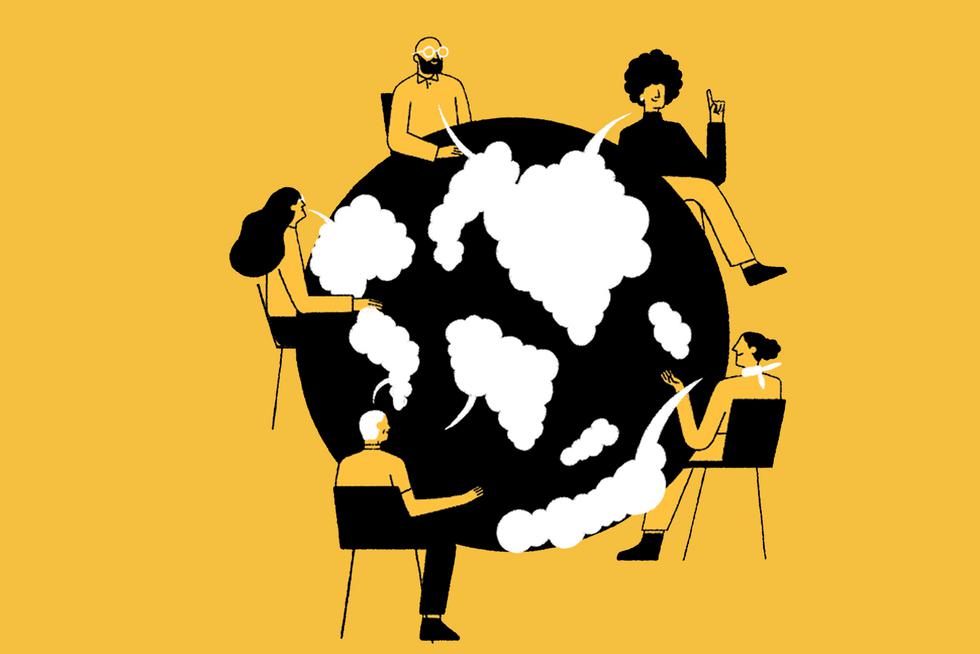Geosciences
Academic Department Introduction
Geoscience is the study of the Earth and all its systems. Interactions between the solid Earth, hydrosphere, atmosphere, and biosphere continually reshape the planet. Geoscientists investigate these interactions using interdisciplinary approaches to address questions related to how the Earth formed, how it evolved over geologic time, and how its continued evolution affects the environment in which we live.
Our curriculum emphasizes field- and research-based learning. We offer field trips at all levels, allowing geoscience students to discover the geologic histories of rock exposures and the processes that shape our landscape. Through in-class group projects, independent studies, and summer research, students gain experience in operation and application of a variety of geologic sampling and analytical techniques. Students can participate in research on a range of topics. Examples include the legacy metals in soils at EPA Superfund sites, the geologic record of earthquakes, the dynamics of Antarctic glaciers, and the formation of rocks underlying New York City.
Learning goals
- Develop scientific literacy.
- Explore Earth systems in the classroom, lab, and field.
- Understand our local landscape, sustainability, and planetary limits.
- Collect, curate, and model data to reconstruct geological histories.
Programs of study
Geosciences major and minor
Students will experience the geosciences curriculum through inquiry-based research projects, field work, analogue modeling, and engagement with Earth materials and scientific data.
Course highlights
Earth Materials with Laboratory
GEOS203
This course provides those interested in any aspect of the Earth Sciences with the base necessary to understand the physical and chemical properties of Earth Materials (e.g. minerals and rocks). The primary focus of this course is to understand the concept of optical and chemical mineralogy in the broad context of the geosciences, but the environmental and human health applications of Earth Materials will also be explored. Our primary tools will be field and hand sample observations, petrographic analysis of rocks and minerals in thin section, and x-ray and electron beam based analytical techniques.
-
Earth Systems through Time with Field Laboratory
GEOS200
The geologic record, covering 4.6 billion years, provides us with a long-term perspective of the Earth system and how it operates over time scales much longer than human history. Using Wellesley’s extensive rock and fossil collection, geologic data sets and journal articles, we will reconstruct and interpret Earth's eventful past, including periods of mountain building, dramatic climate changes, and the evolution and extinction of life on our planet. This class should give students an understanding about deep time and that we live on an ever changing planet. The lab component of this class will be entirely in the field where we will visit key geologic outcrops that represent a large part of Earth history. During three weekends throughout the semester (one half day, one full day and one 1.5-day trip) we will explore the regional geology in New England and Upstate New York. The majority of the field work will take place during a 6-day field trip to the southwestern United States in mid-May between the last day of finals and commencement. This class fulfills the geosciences major requirement. -
Environmental, Health, and Sustainability Sciences with Laboratory
GEOS201
Problems in environmental, health, and sustainability sciences are inherently transdisciplinary and require a diverse skill set to frame, analyze, and solve. This course will focus on developing a toolbox of skills including systems level thinking, field and analytical methods, biogeochemical analysis (natural waters, soils, and other environmental materials), and modeling with a goal of building a science-based foundation for the analysis of complex issues at the interface between humans and the environment. Students will conduct semester-long research projects and will present their results in a final poster session. (ES 201 and GEOS 201 are cross-listed courses.)
Places and spaces
The Geosciences Department includes teaching and research spaces, our world-class mineral and fossil collection, the lapidary lab, and a student lounge. We own a range of field equipment suitable for collection of samples on land and on the water. In our laboratories we process and measure samples using state-of-the-art instrumentation that includes high-resolution petrographic microscopes, an energy dispersive X-ray fluorescence spectrometer, and a laser diffraction particle size analyzer. Photo: Dave Burk © SOM
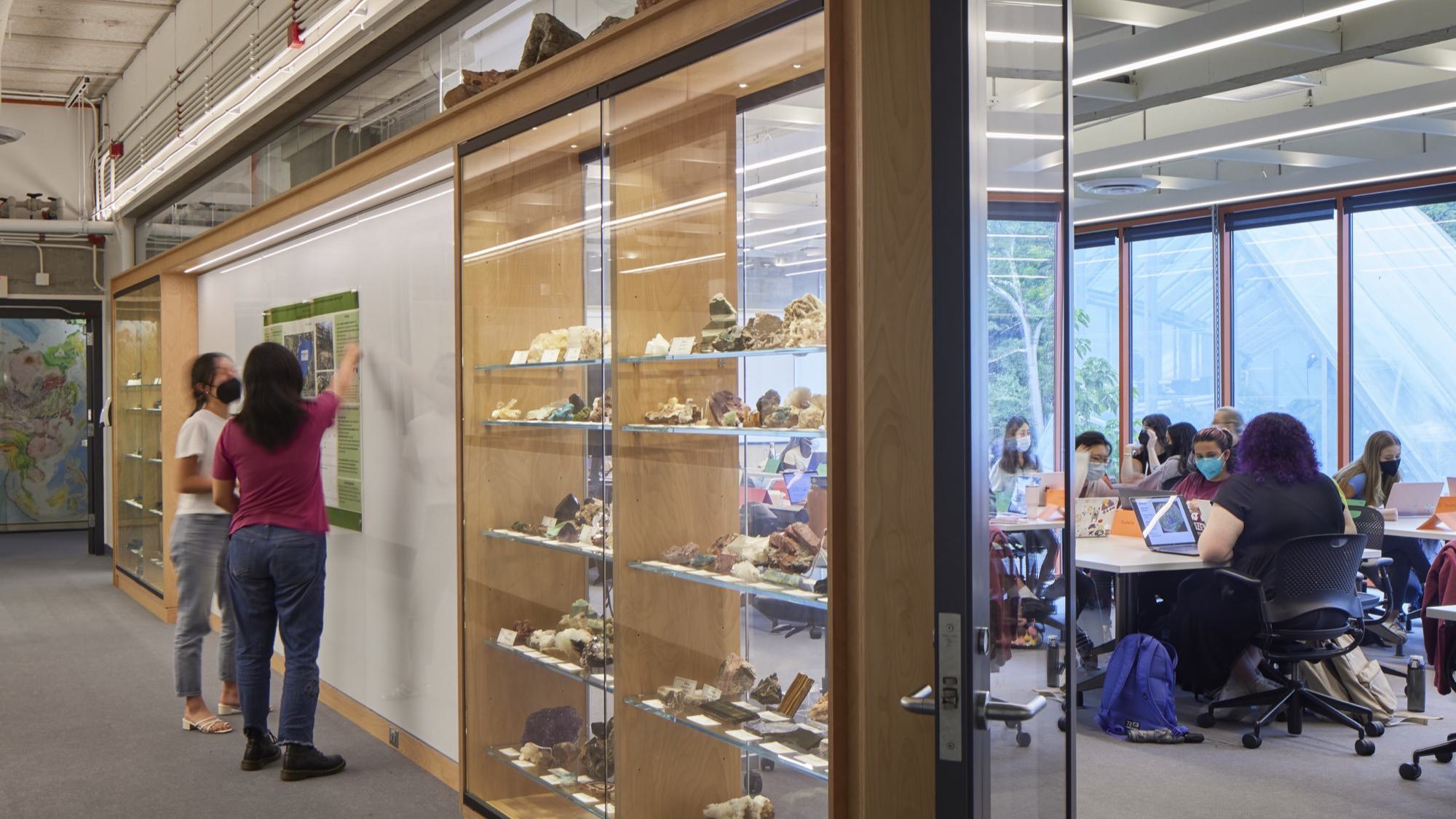
Research highlights
-
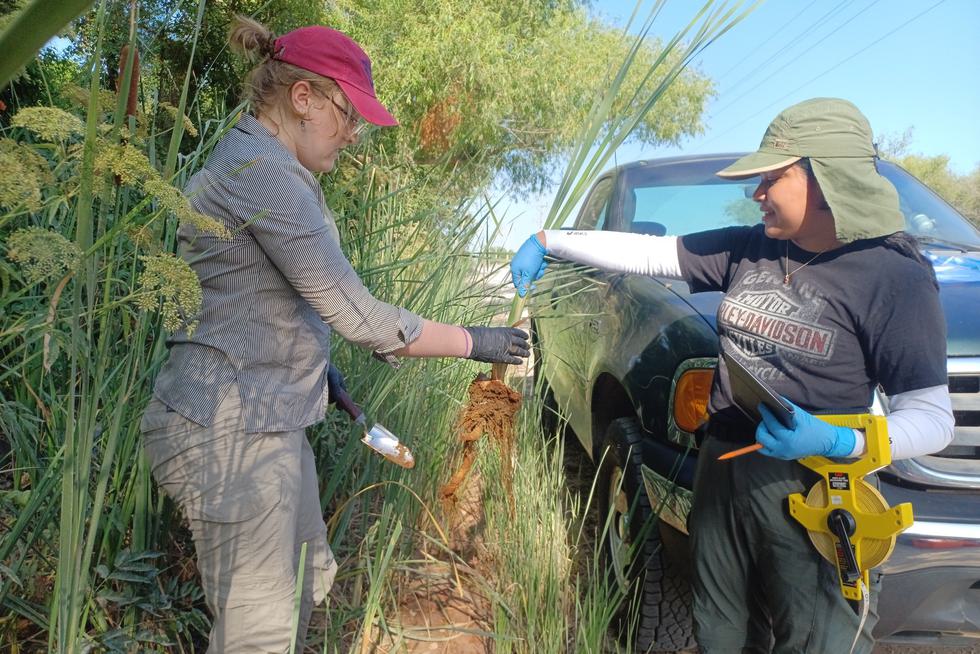
Claire M. Hayhow ’21, Professor Daniel Brabander, and colleagues analyzed models of partnership in GeoHealth research, questioning power dynamics and identifying a new model that best supports community involvement. “Addressing the Need for Just GeoHealth Engagement: Evolving Models for Actionable Research that Transforms Communities” was published in GeoHealth in 2021. Their partnership with an environmental advocacy group in Miami, Okla., was highlighted by the publication Eos, “Community Input Drives Superfund Research.”
-
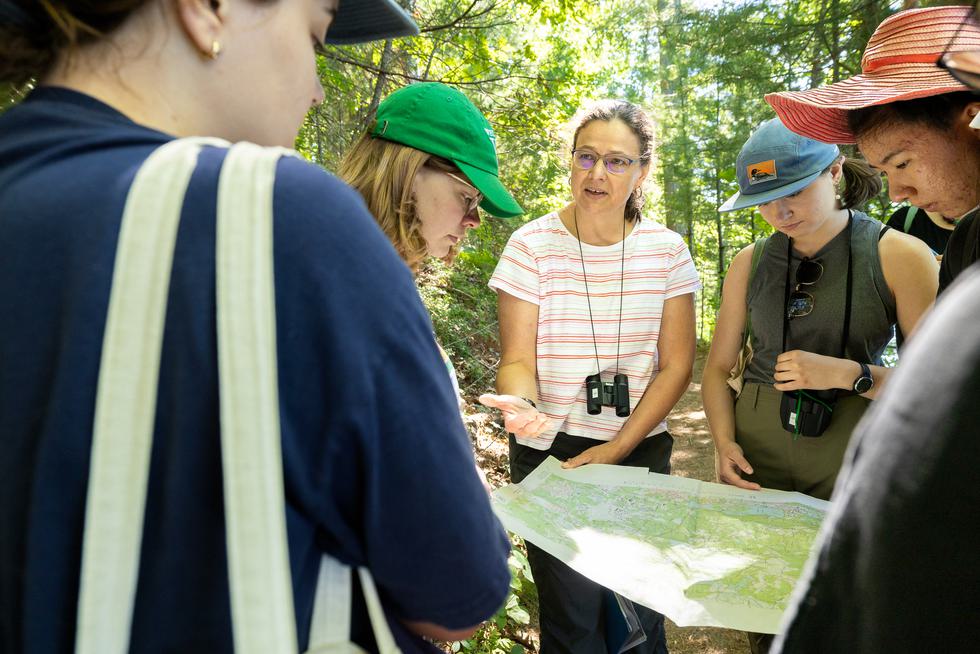
As part of her research assessing natural hazards in at-risk regions, Professor Katrin Monecke is a member of a U.S.-Canadian team studying the seismic hazard of eastern Massachusetts and refining regional earthquake hazard maps. The project is a collaboration involving faculty and students from Wellesley College, Boston College, Salem State University, and Brock University in Ontario, B.C., Canada.
-
Eliza Zizka ’22, Emma Van Scoy DS, Isabella Brunet ’24, Maggie Erwin ’23, Jannitta Yao ’21, and Professor Adrian Castro partnered with the Department of Earth and Planetary Sciences at the American Museum of Natural History to study the history of New York City’s metamorphic bedrock and co-presented “Searching for the Suture: Applying Geochemical Techniques to Unravel the Nature of Cameron’s Line in Central Park, NYC” at the Geological Society of America’s 2022 conference.
Opportunities
-
Sara F. Langer Award for Research in Geosciences
The award funds summer research in geology on or off campus, under the supervision of a faculty member at Wellesley or another institution. It is expected that the work will culminate in individual research or a senior thesis in the following academic year.
Beyond Wellesley
Beyond Wellesley
Our graduates engage in a variety of careers, including work within state and federal agencies, education, environmental research, and advocacy. Many earn graduate degrees. Recent employers include the National Park Service, Penn State University, and the Woods Hole Oceanographic Institution.
Recent Employers
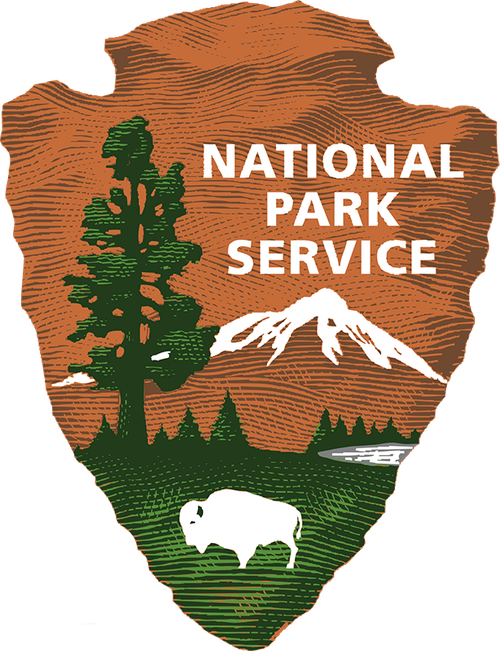
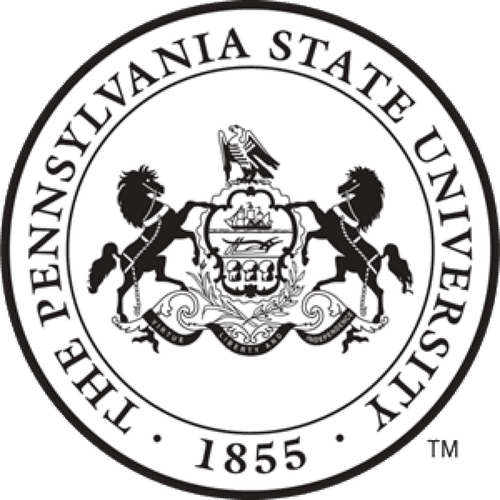
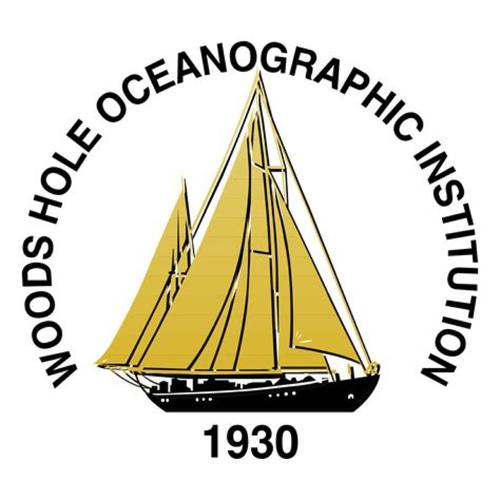



106 Central Street
Wellesley, MA 02481
